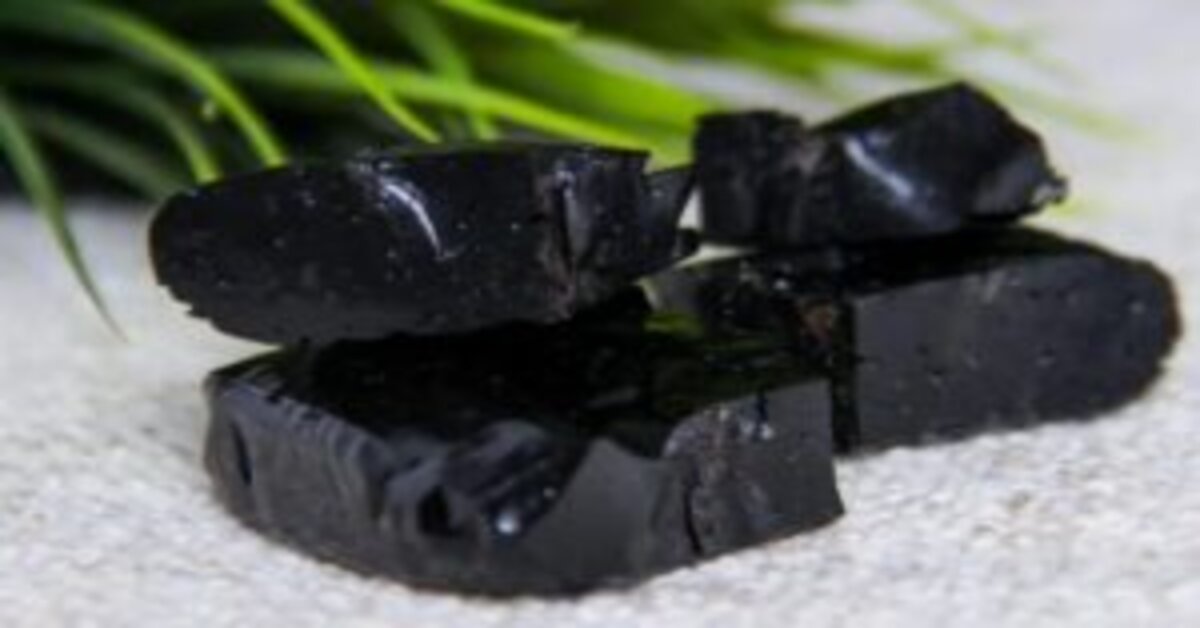Shilajit is a remarkable natural substance that captivates the attention of health enthusiasts and researchers alike. Moreover, it offers potential health benefits. This potent resin derives from the rocks of the Himalayan mountains and people have utilized it in traditional medicine for centuries. Additionally, in this blog post, we will explore what shilajit is, its historical significance, its nutritional profile, and the myriad benefits and also uses of shilajit it provides to those who incorporate it into their wellness routine.
The Origins of Shilajit
Shilajit, often referred to as “the destroyer of weakness” or “conqueror of mountains,” has its roots in ancient Ayurvedic texts. This powerful resin forms through a complex geological process involving the decomposition of plant material over thousands of years, combined with minerals from the rocks. The high-altitude regions, particularly the Himalayas, serve as the primary source of shilajit. The process begins when plants die and decompose, and their organic matter is subjected to extreme pressure and temperature over time. The result is a thick, tar-like substance that oozes from the rocks during the warmer months.
Historically, shilajit has been used in various traditional medicine systems, particularly in Ayurveda, to treat a wide range of ailments. Ancient texts describe shilajit as a rejuvenator, a tonic for improving vitality, and a remedy for numerous health issues. The rich mineral content and complex compounds found in shilajit have made it a staple in holistic health practices.

Nutritional Profile of Shilajit
The unique composition of shilajit is what sets it apart from other supplements. It contains more than 85 essential minerals, vitamins, and bioactive compounds that contribute to its effectiveness. Here are some key components of shilajit:
Fulvic Acid
Fulvic acid is one of the primary components of shilajit and is responsible for many of its health benefits. This natural compound enhances nutrient absorption and facilitates the transport of minerals into cells, promoting overall cellular health. Fulvic acid also acts as an antioxidant, helping to neutralize free radicals in the body.
Minerals
Shilajit is rich in essential minerals such as zinc, magnesium, potassium, calcium, and iron. These minerals play vital roles in various bodily functions, including immune support, bone health, and muscle function.
Vitamins
Various vitamins, including B vitamins, vitamin C, and vitamin E, can be found in shilajit. These vitamins contribute to energy production, immune function, and overall well-being.
Health Benefits of Shilajit
Shilajit offers a wide array of health benefits, making it a popular choice for those seeking natural remedies. Here are some of the most notable benefits:
Boosts energy levels
One of the most well-known benefits of shilajit is its ability to boost energy levels. The uses of fulvic acid in shilajit helps in the transportation of nutrients to cells, enhancing overall vitality and reducing fatigue. Many users report feeling more energized and focused after incorporating Shilajit into their daily routine.
Enhances cognitive function
Research suggests that shilajit may improve memory and cognitive function. The antioxidants found in shilajit help protect against oxidative stress, which can lead to cognitive decline. Regular consumption of shilajit may support brain health and improve overall mental clarity.
Supports immune health
Shilajit has been shown to strengthen the immune system. The rich mineral content and antioxidants help the body fend off infections and illnesses. By promoting immune function, shilajit can contribute to overall health and wellness.
Aids in Detoxification
Shilajit acts as a natural detoxifier, assisting the body in eliminating harmful toxins. The fulvic acid content binds to heavy metals and aids in their excretion, promoting a healthier internal environment.
Supports Healthy Aging
The anti-aging properties of shilajit are well documented. Its antioxidant content helps combat the effects of aging by neutralizing free radicals and reducing oxidative stress. Regular use of shilajit may lead to healthier skin, improved energy levels, and enhanced overall vitality.
How to Use shilajit
Shilajit is available in various forms, including resin, powder, and capsules. The recommended dosage can vary depending on the form used. Here are some general uses of shilajit with guidelines:
- Resin: Start with a small amount, typically around 300-500 mg per day. Dissolve the resin in warm water or milk for easy consumption.
- Powder: We recommend a similar dosage of 300-500 mg daily when using shilajit powder. Mix the powder into smoothies or beverages.
- Capsules: Follow the manufacturer’s instructions for dosage if using it in capsule form.
Before incorporating shilajit into your routine, it’s advisable to consult with a healthcare professional, especially if you have underlying health conditions or are taking medications.
Conclusion
In summary, shilajit is a powerful natural resin with a rich history in traditional medicine. Its unique composition, packed with essential minerals, vitamins, and compounds, offers numerous health benefits that can enhance overall well-being. As you explore the benefits of shilajit and uses, remember to choose high-quality products and consult with a healthcare provider to ensure it aligns with your health goals.
By understanding what shilajit is and how it can enhance your health, you can make informed decisions about incorporating this ancient remedy into your daily life. Whether you seek increased energy, improved cognitive function, or better immune support, shilajit is a natural option worth considering.

